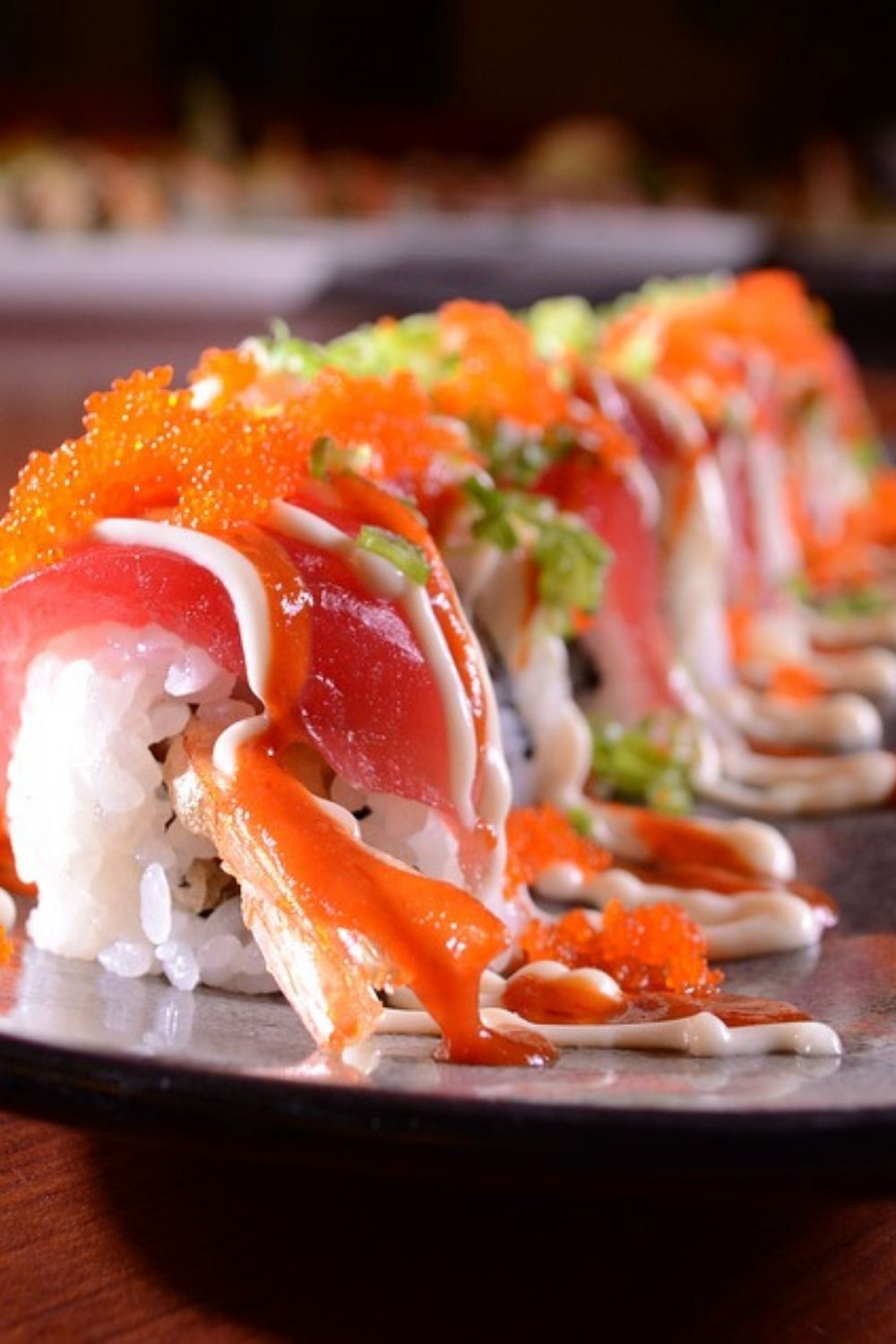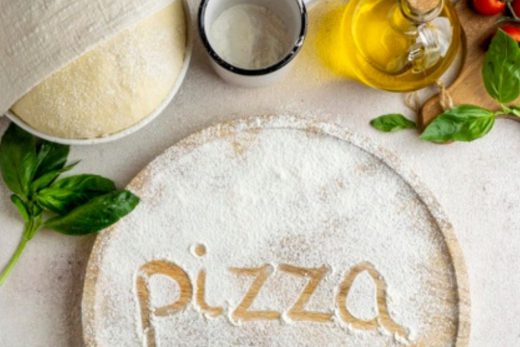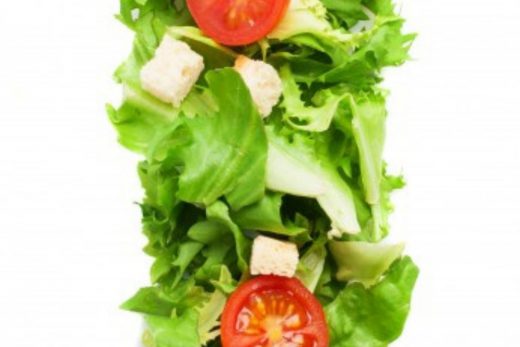The first big sociological change in the consumption of mutura in Kenya was driven by the British colonial government’s employment and housing policies, which transformed mutura from being a mostly ceremonial and religious food for the Gikuyu into one of the country’s main street foods. Now, I wonder if mutura is one of the things to which COVID-19 will bring permanent change. Will more people start ordering mutura online, to be delivered into their houses? Will people start making and grilling mutura from the comfort of their homes? Will mutura places become hygienic places, with handwashing stations, and utensils being washed, and mutura served as if in a proper restaurant, even though clean mutura isn’t mutura? Me, I don’t know.
Yesterday, I got out of the house, in search of mutura. All my places were closed. It was six, and people were rushing home to beat the curfew, which starts at seven, everyone with a face mask over their mouth. I walked. No mutura. Walked some more. Still no mutura. I walked some more. Near my neighborhood, there is a sea of open-air garages. There, in the middle of the garages, surrounded by cars on all sides, were two mutura sellers. Around both of them, a clergy of mutura seekers, each with their face masks slipped down to their chins, munching on mutura. I walked over.





